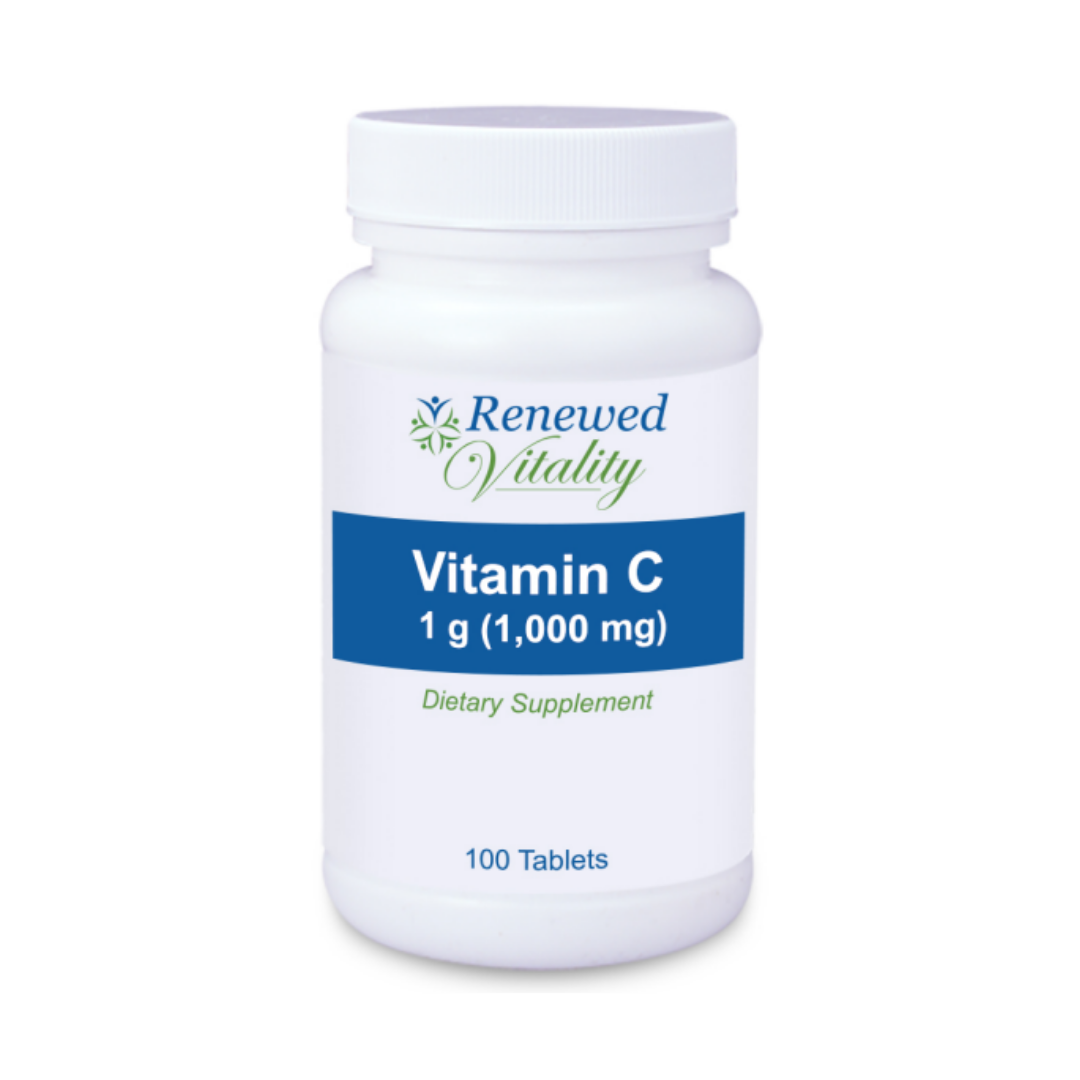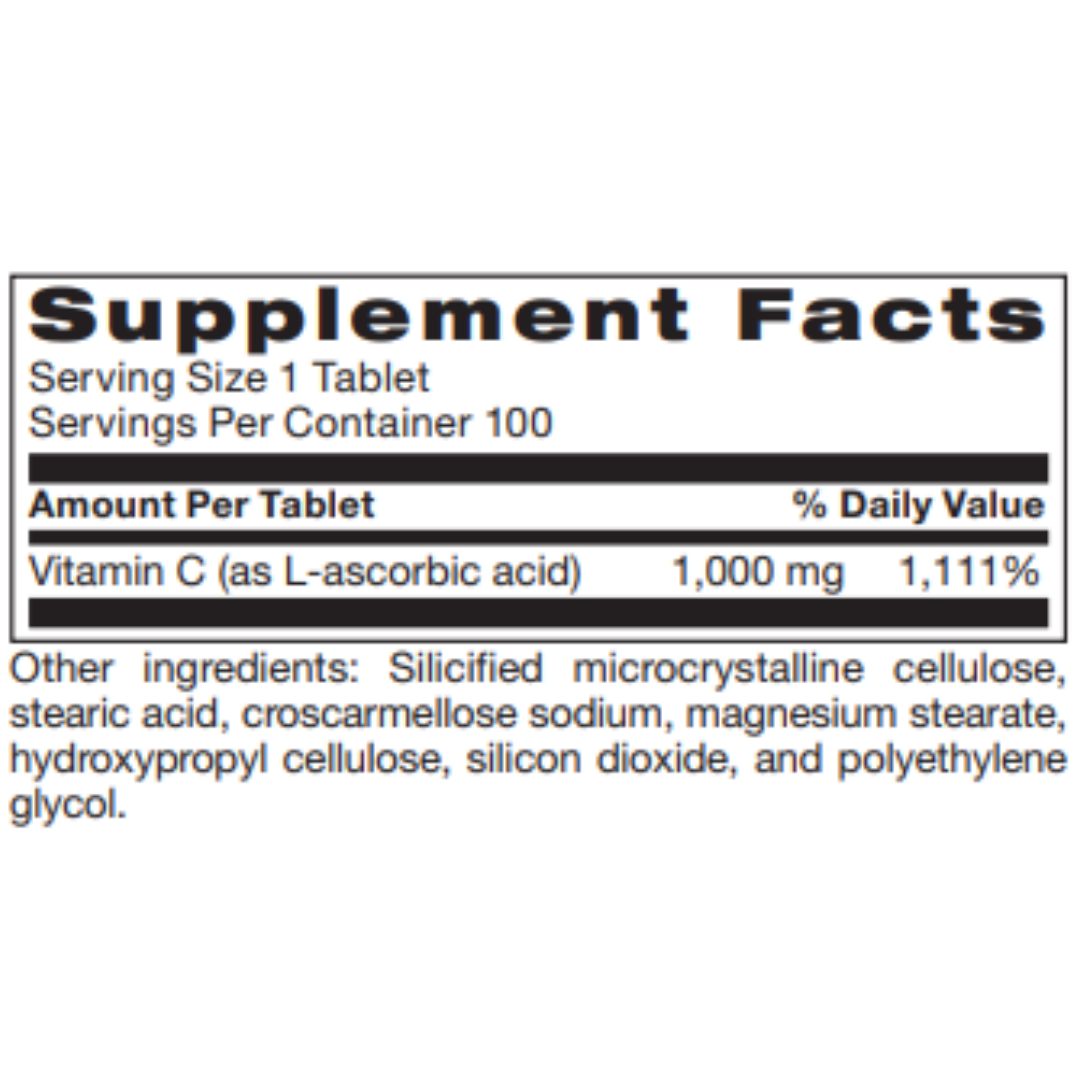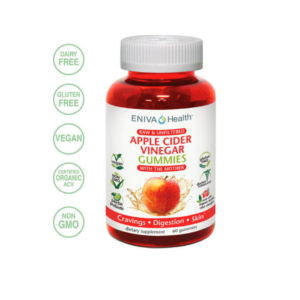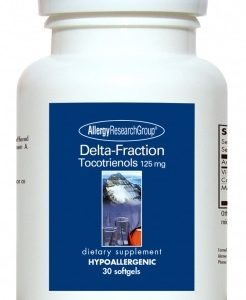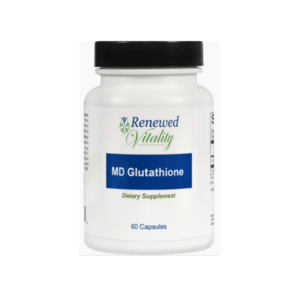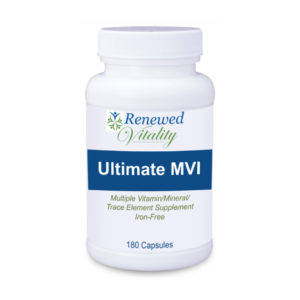Description
Primary Uses
– Antioxidant Actions
-Collagen Support
-Immune Function
Facts and Functions
Vitamin C, also known as ascorbic acid, is an important nutrient and antioxidant that plays a key role in many functions throughout the body. It helps protect against cellular damage, stimulates production of collagen important for healthy skin and joints, aids iron absorption, and supports heart and immune system function. Vitamin C is water-soluble and must be replenished every day. Broccoli, red peppers, berries, melons, currants, Brussels sprouts, parsley, potatoes, tomatoes, citrus fruit, and strawberries are good sources of vitamin C.
Advantages
These tablets contain 1 gram (1,000 mg) of pure, crystalline ascorbic acid, free of corn antigen. A water-soluble plant cellulose tablet coating protects vitamin C from oxidation and helps ensure rapid tablet disintegration. Excess amounts of vitamin C may cause diarrhea and gastro-intestinal discomfort. However, tolerance for vitamin C is very individual, as some people develop loose bowel movements after taking several grams of vitamin C per day while others can comfortably handle many times this amount.
